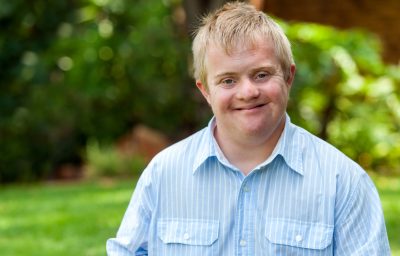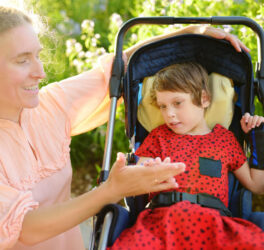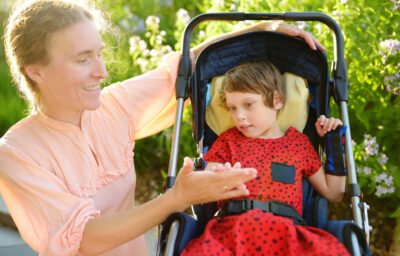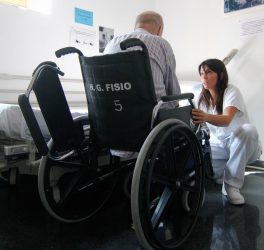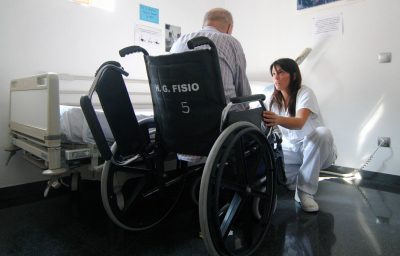
Psychologists at the University of Sheffield have found that deafness in infancy affects the development of early communication skills, including non-verbal behaviours like pointing.
Researchers found that deaf infants born into hearing families tended to engage less often in communicative behaviours that predict language development compared to their typically-hearing peers.
They studied the infants’ use of five types of infant communication known to positively predict language development: show gestures, give gestures, index-finger pointing, communicative vocalisation and word use.
The findings, published in the journal Pediatrics, suggest that access to sound is important not just for learning spoken language through imitation but for the non-linguistic use of sound that hearing parents intuitively rely on to regulate the back and forth of early interactions.
“On average deaf infants produced five fewer communicative behaviours in 25 minutes of play than their peers. While this may not seem like a big difference, each communicative act is a chance to learn something further and these chances add up over the weeks and months as a child develops. So it’s important to find ways to support interaction. Thankfully, whether babies are learning to speak or sign or both, there is a lot that can help.” said Dr Danielle Matthews, from the University of Sheffield.
To support caregivers, nursery staff and health and social care workers, the researchers have created free online videos which offer information, advice and tips backed up by leading research to help support communication development at home.


